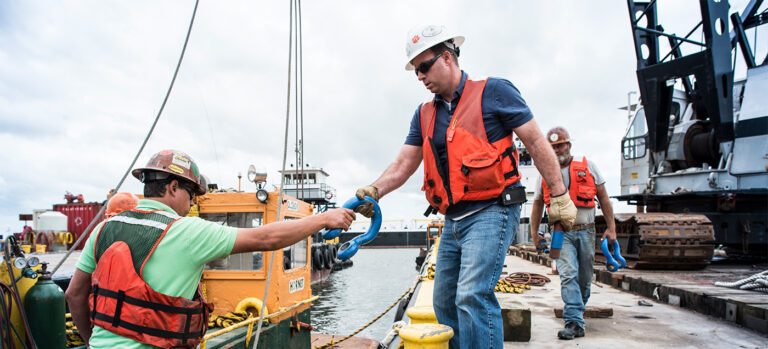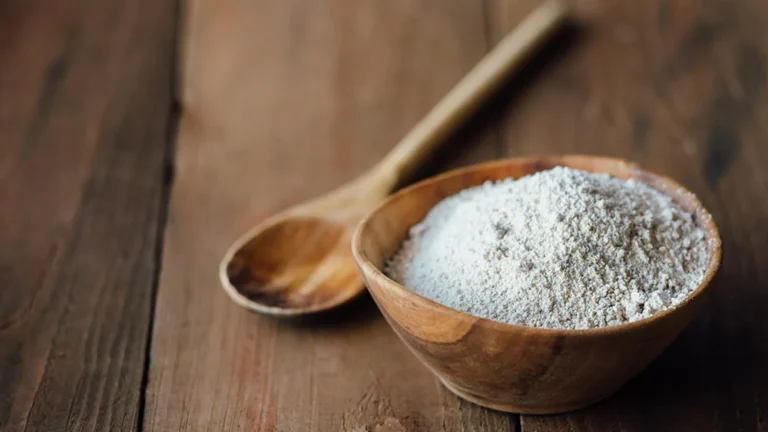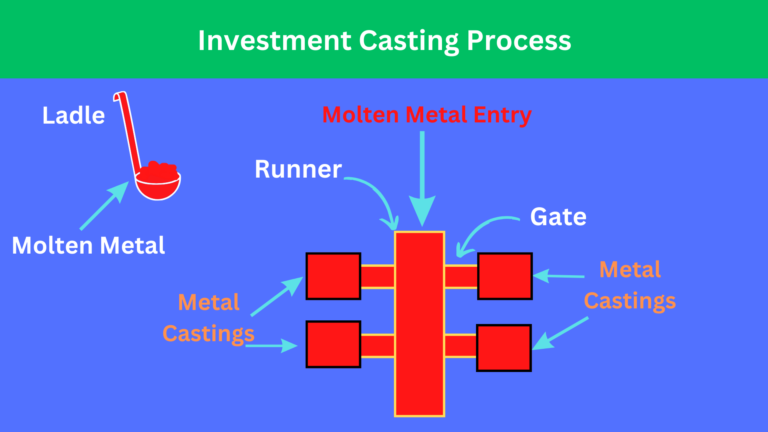Rubber Coated Copper Pipes: Insulation, Protection, and Common Uses
In plumbing, HVAC, and industrial systems, durability and efficiency are critical factors in ensuring long-lasting performance. Rubber Coated Copper Pipes have emerged as a practical solution, combining the excellent thermal and electrical conductivity of copper with the protective benefits of a rubber coating. These pipes are designed to provide superior insulation, corrosion resistance, and mechanical protection, making them an essential component in modern piping systems.
Understanding Rubber Coated Copper Pipes
Rubber coated copper pipes are standard copper pipes covered with a durable rubber layer. This coating acts as an insulating barrier, protecting the metal from environmental factors, moisture, and mechanical wear. The rubber layer not only extends the lifespan of the copper pipe but also enhances safety and energy efficiency in various applications.
The manufacturing process involves applying a uniform rubber coating to the copper surface, ensuring proper adhesion and flexibility. This combination allows the pipe to maintain its inherent copper properties while benefiting from the protective qualities of rubber.
Advantages of Rubber Coated Copper Pipes
Using rubber coated copper pipes provides several advantages that make them ideal for industrial, commercial, and residential applications:
- Enhanced Insulation: The rubber layer significantly improves thermal insulation, reducing heat loss or gain. This makes them suitable for HVAC systems, hot and cold water supply, and refrigeration lines.
- Corrosion Protection: The coating prevents direct exposure of copper to moisture, chemicals, and other corrosive agents, reducing the risk of rust and extending the pipe’s service life.
- Mechanical Durability: Rubber coating protects copper pipes from scratches, dents, and mechanical impact during transportation, installation, and operation.
- Noise Reduction: Rubber-coated pipes help minimize vibrations and noise in plumbing and HVAC systems, contributing to a quieter and more comfortable environment.
- Energy Efficiency: By improving insulation, these pipes reduce energy consumption for heating and cooling systems, leading to cost savings over time.
These benefits make rubber coated copper pipes an excellent choice for projects that demand reliability, safety, and longevity.
Common Applications
Rubber coated copper pipes are versatile and widely used across multiple industries due to their protective and insulating properties:
- HVAC Systems: Rubber coated copper pipes are commonly used in heating, ventilation, and air conditioning systems, where insulation and corrosion resistance are essential.
- Plumbing: These pipes are ideal for both hot and cold water distribution, protecting against leaks, condensation, and thermal loss.
- Refrigeration and Cooling: Rubber-coated copper pipes help maintain temperature efficiency in refrigeration systems and industrial cooling applications.
- Electrical Systems: In certain applications, these pipes are used for grounding or as conduits where electrical insulation is required.
- Industrial Processes: Factories and plants often use rubber coated copper pipes to handle chemical fluids or compressed air, ensuring protection against wear and corrosion.
The versatility of these pipes demonstrates their effectiveness in environments that demand both durability and performance.
Installation and Maintenance
Proper installation and maintenance are key to maximizing the lifespan of rubber coated copper pipes. During installation, it is important to handle the pipes carefully to avoid damaging the rubber coating. Bends and joints should be made according to manufacturer specifications to maintain the integrity of both the copper pipe and the protective coating.
Routine inspections are recommended to identify any areas where the coating may have been compromised. Minor damages can be repaired to prevent corrosion or thermal inefficiencies. Due to their protective rubber layer, these pipes generally require less maintenance than uncoated copper pipes, reducing long-term costs and operational disruptions.
Conclusion
Rubber Coated Copper Pipes combine the excellent conductivity and reliability of copper with the protective and insulating benefits of rubber, offering a versatile solution for a wide range of applications. Their advantages, including enhanced insulation, corrosion resistance, mechanical durability, and energy efficiency, make them a preferred choice in plumbing, HVAC, refrigeration, and industrial systems. By choosing rubber coated copper pipes, engineers, builders, and facility managers can ensure long-lasting performance, reduced maintenance, and greater operational efficiency.







